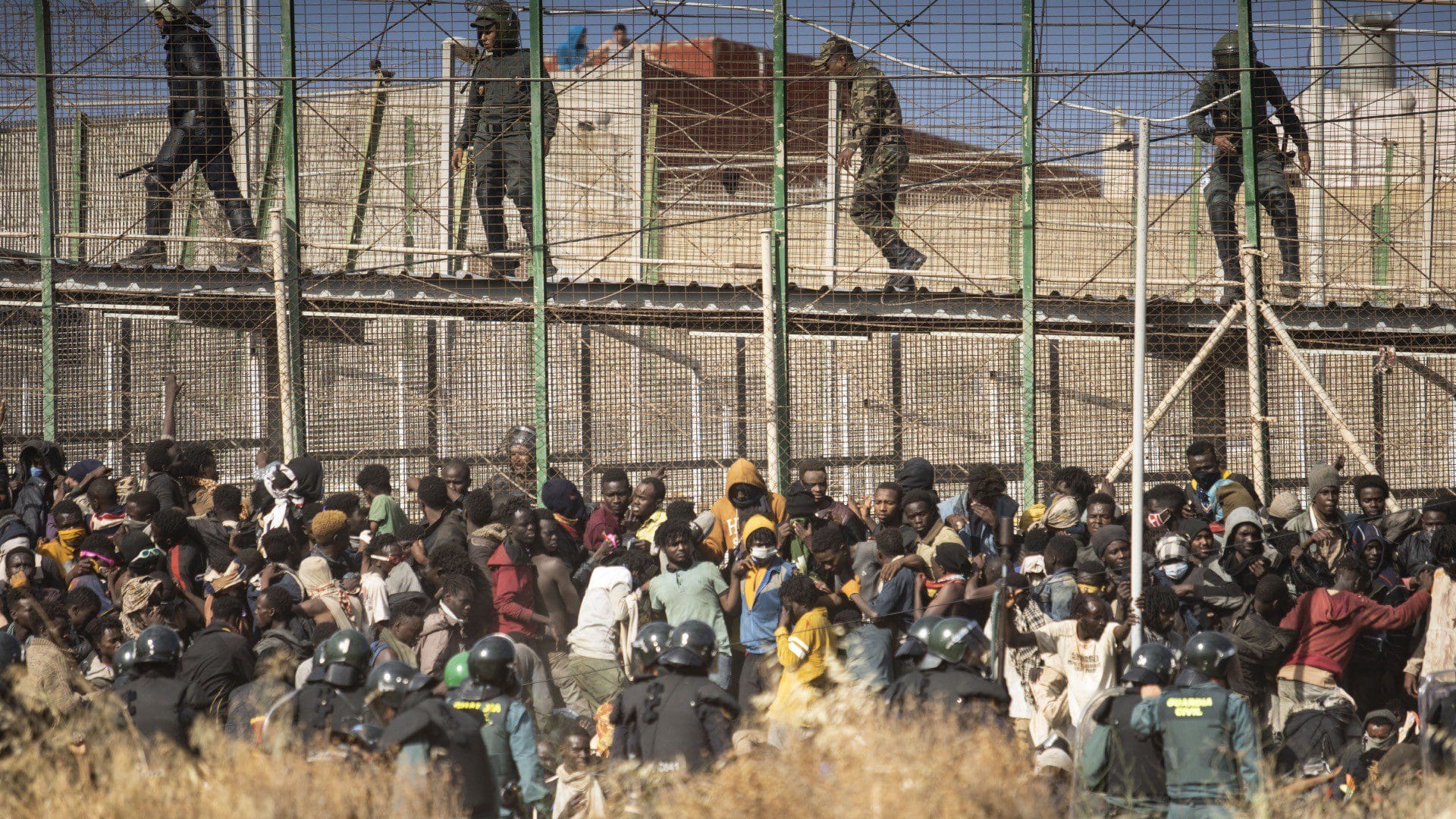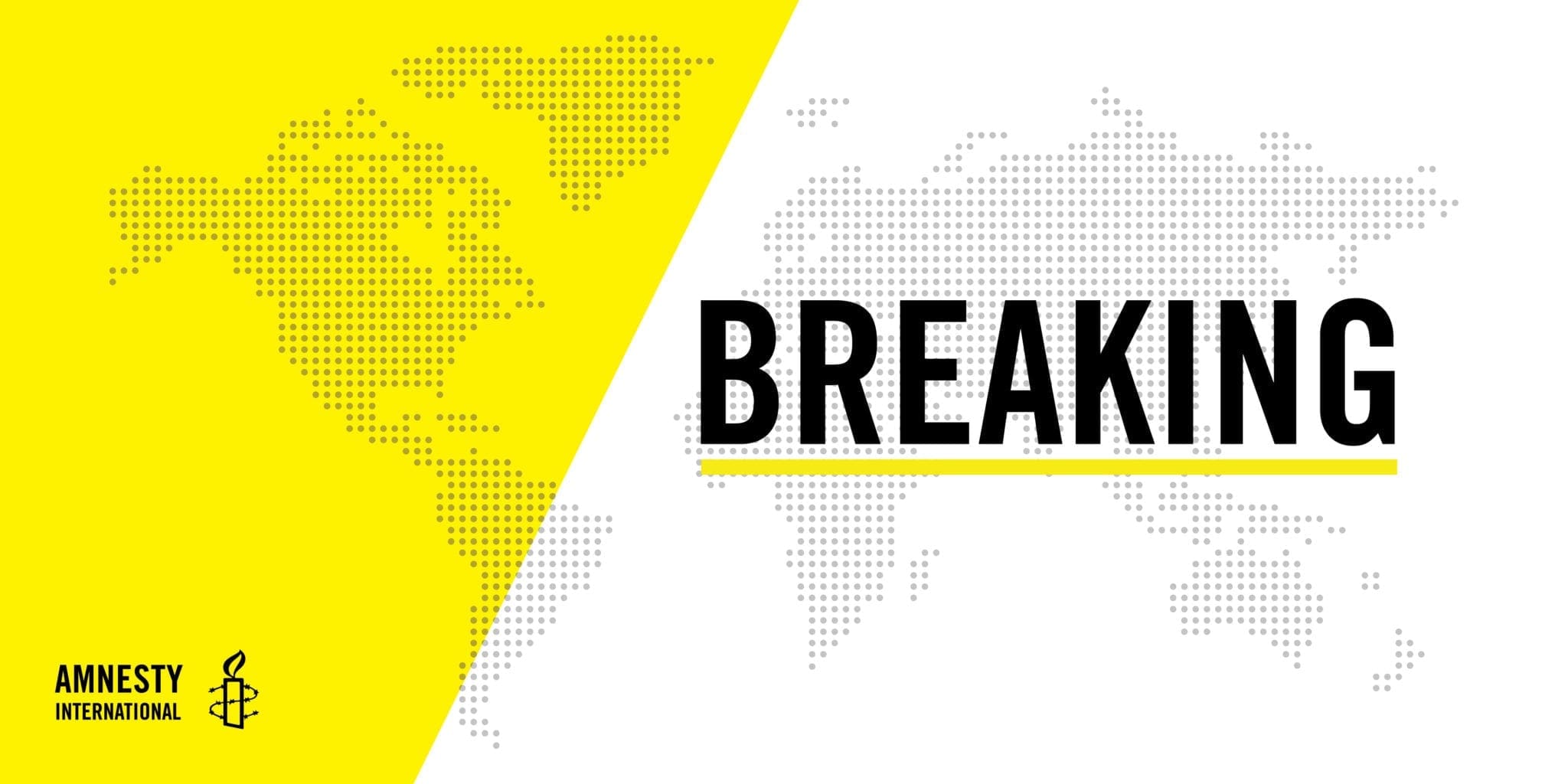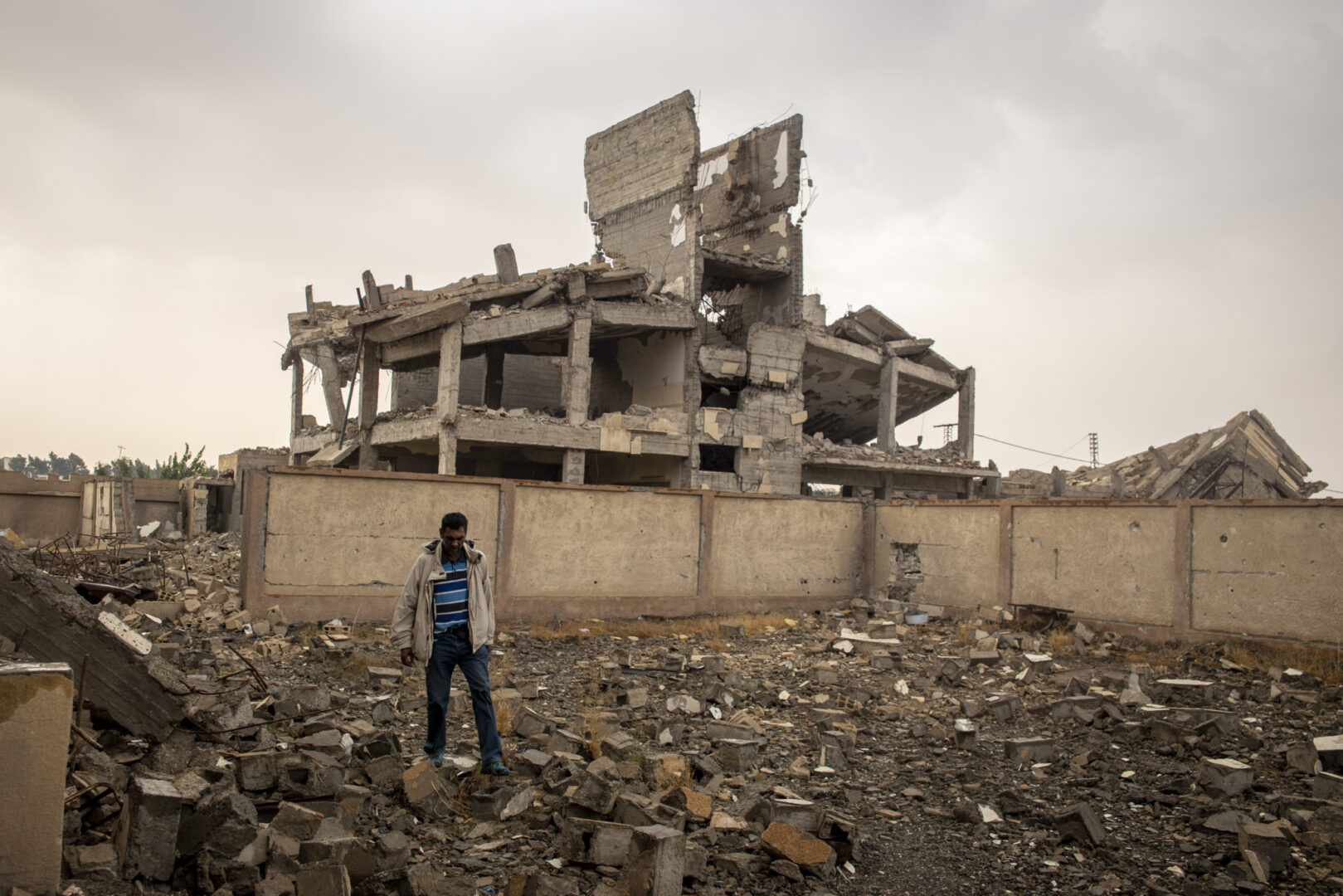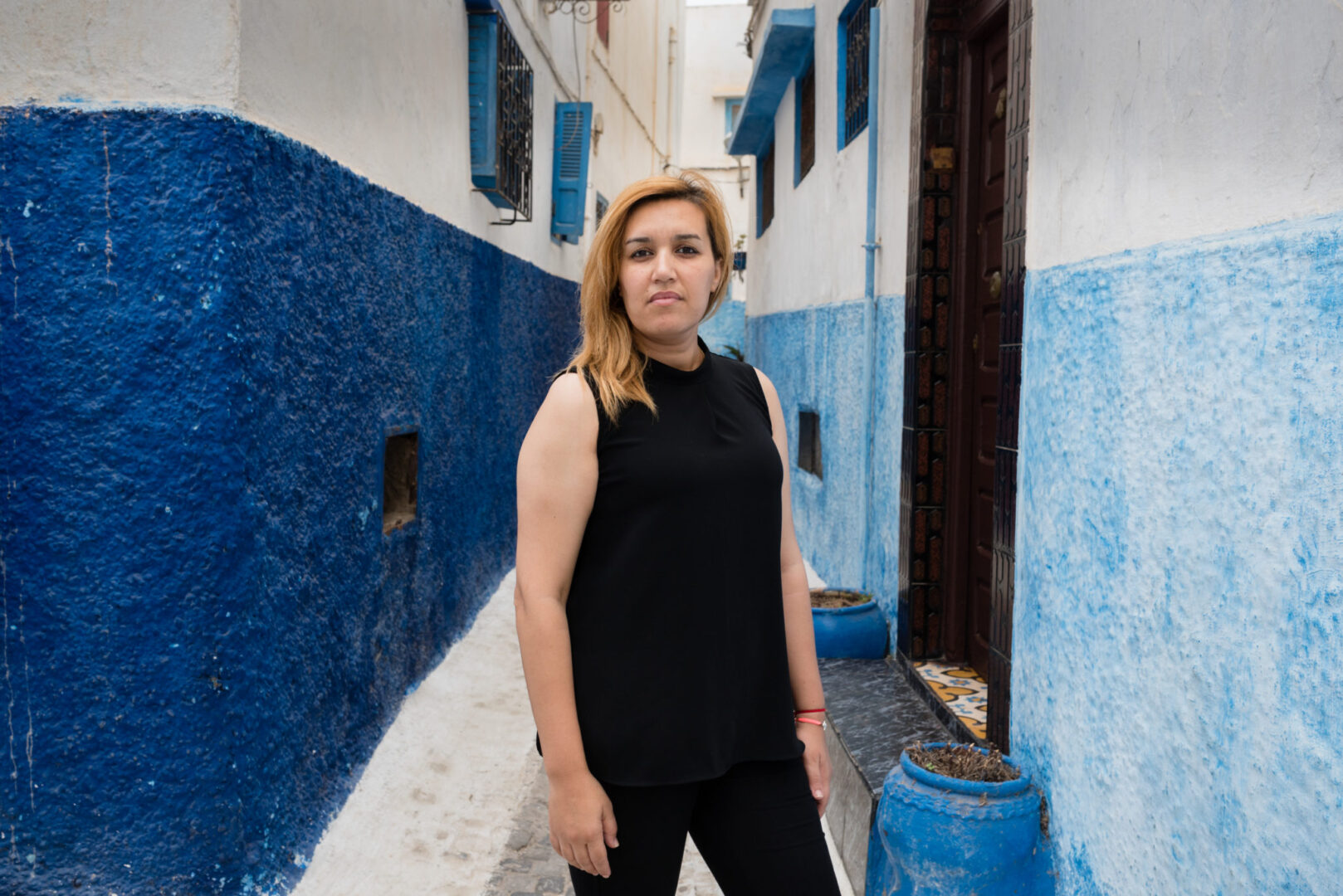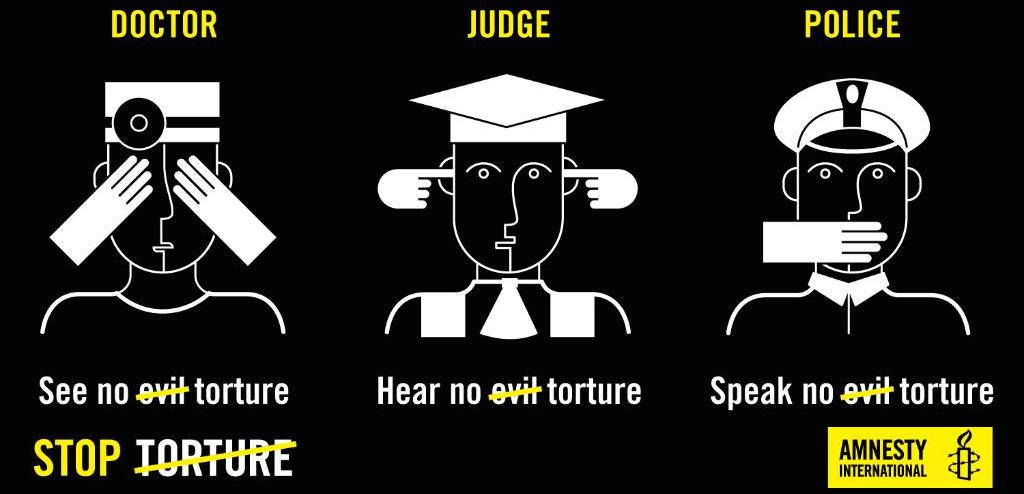Morocco and Western Sahara
Authorities continued to crush dissent, disperse peaceful protests and restrict the activities of several organizations they deemed oppositional. They tightened their crackdown on Sahrawi activists. Criminalization of abortion led to at least one girl dying as a result of an unsafe abortion following rape. Border guards used excessive force against people attempting to cross the border between Morocco and the Spanish enclave of Melilla, causing at least 37 deaths. Domestic legislation remained inadequate to protect and promote the right to a clean and healthy environment. In October 2022, the UN Mission for the Referendum in Western Sahara (MINURSO) was renewed until until 31 October 2023, but still lacked a human rights mandate. Human rights organizations could still not access Western Sahara and Polisario camps.Relevant Links
- 2022/23 Human Rights Report (Morocco and Western Sahara)
- Morocco: Conduct an impartial investigation into the unlawful death of Yassine Chabli
- Morocco/Western Sahara: Oral Statement to the UN Committee on the Protection of the Rights of All Migrant Workers and Members of Their Families
- Morocco: Submission to the UN Committee on the protection of the rights of all migrant workers and members of their families: 36th Session, 27 February – 6 April 2023
- Morocco: Human rights lawyer sentenced in absentia: Mohamed Ziane
- Morocco/Western Sahara: Further information: Human rights defender’s conviction upheld: Rida Benotmane
- Saudi Arabia: Hassan Al Rabea’s Extradition Constitutes a Grave Violation of Morocco’s International Obligations
- Morocco: Man at risk of forcible return and torture: Hassan Al Rabea
- Morocco: “They beat him in the head, to check if he was dead”: Evidence of crimes under international law by Morocco and Spain at the Melilla border
- Morocco: Human rights defender jailed for online posts: Rida Benotmane
- Morocco/Western Sahara: Further information: Activist successfully leaves home after 18 months: Sultana Khaya
- Morocco and Western Sahara: Further information: Sahrawi activist beaten by prison guards: Mohamed Lamine Haddi
- Morocco: Journalist targetMorocco/Western Sahara: Further information: Investigate violations against raped activist: Sultana Khayaed by authorities faces trial
- Morocco: Ensure fair appeal trial to journalist Omar Radi
- Morocco: Joint letter to Moroccan Prime Minister on the case of Idris Hasan
- The Human Rights Crackdown in Western Sahara and The Need For Action by the Biden Administration
Spain and Morocco: Demand justice for dead and missing at Melilla
On 24 June 2022, people attempting to cross into Melilla through a border crossing between Spain and Morocco were met with a shocking display of unlawful force by Moroccan and Spanish security forces. At least 37 Black people – mostly from sub-Saharan Africa – died unlawfully and 77 are missing. Their loved ones still don’t have answers about what happened to them.
Join us to demand truth, justice and reparations for the victims and their families.
